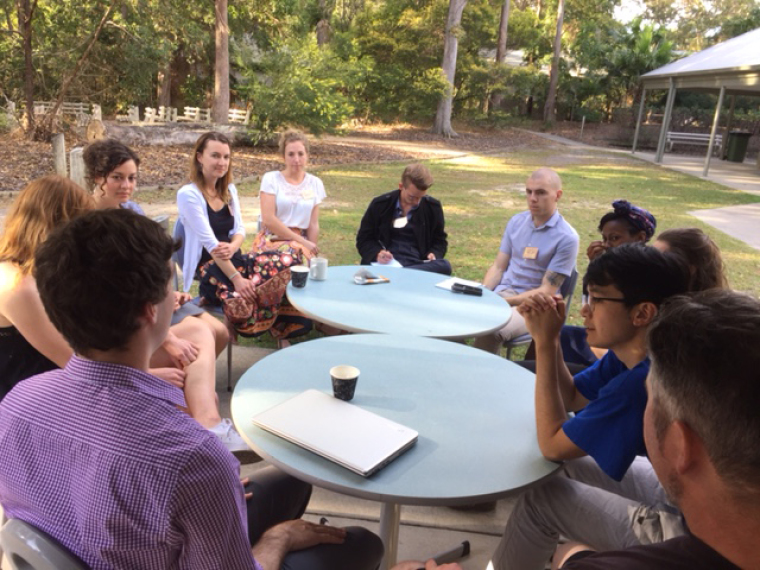
Every young man desperate to gain their driving license (not negating young women by any means) can remember with some detail the day they earned it by passing the various tests. It's a kind of a modern era type of initiation from boyhood to manhood.
But that is the only the first tiny step of adult responsibility as the Australian voting age is 18, whereas in most States the driving license age is 17. When I was a teenager and living in Canberra, the then driving license age was 16.
I'm still able to recount in my mind's eye the events that surrounded my license being approved. A number of my school friends had failed their first driving license test and so when my time came, I was keen to outdo those who were deemed as the "most popular class mates".
My father's advice stood me in good stead as it turned out. Being from the old school, learning to drive in the late 1920's and being one of the first pioneer farmers at Crediton (Mackay Qld, hinterland) to own a motor car, his comment was to not only put your indicator on to turn right, but put out your arm. This was 1967 mind you, no sane city person had put out their arm to turn right since the mid-50s, except of course, my old dad and most Queenslanders.
As sure as night follows day, during the driving test, every time I turned right, out would go my arm. Thus we returned safely to the inner workings of the Act Traffic Authority's driving test office and the first and only question I was asked by the testing officer, was who had suggested that I should put out my arm to turn right. My chest puffed out as I said, "My dad, he's a farmer!" I became a holder of an ACT driving license.
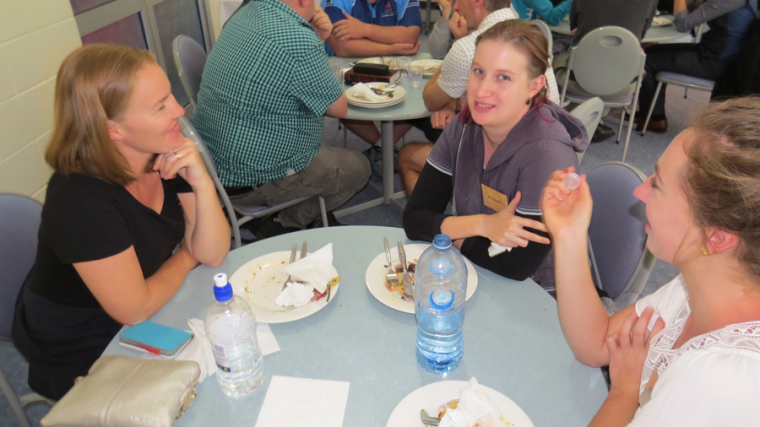
Advanced Driving Schools
Those days are long gone. There are advanced driving schools available now for specialised driver training for young people to get a better understanding of the dangers of being on the road and to heighten the sense of responsibility. But these are not as yet compulsory.
On my own area of the Tweed (northern New South Wales) over the past two years there have been a number of your people killed on the roads — some simply going around tight bends a little too quickly and ending up crashing into an immoveable tree.
I recall as a young man, with three years of driving under my belt, with a solid 1960 Vanguard station wagon (with an overdrive lever on the steering wheel for both second and third gears) driving home to Canberra from Port Kembla where I was living and working, I was tired and had one of those micro-sleeps. I woke as the Vanguard was heading off the road towards a tree. The car spun and I ended up in the ditch beside the road.
All of us realise how getting into a motor vehicle, even with all the latest safely equipment, driving down the street to the post office or the bank or to do some shopping, a short time chore out of our day, can be fraught with so many life threatening encounters, apart from very carefully engaging the roads and other road users.
Young people have not got the experience or the sense of how fragile life can be, and it is by the Grace of God that any one of us have not come a cropper and worse. A friend of mine some months ago was on his bush bike and on the slippery wet road it went from under him. He wasn't seriously hurt but his three front teeth were crushed sideways and it meant a hospital visit and dental work. It all happens in less than a second.
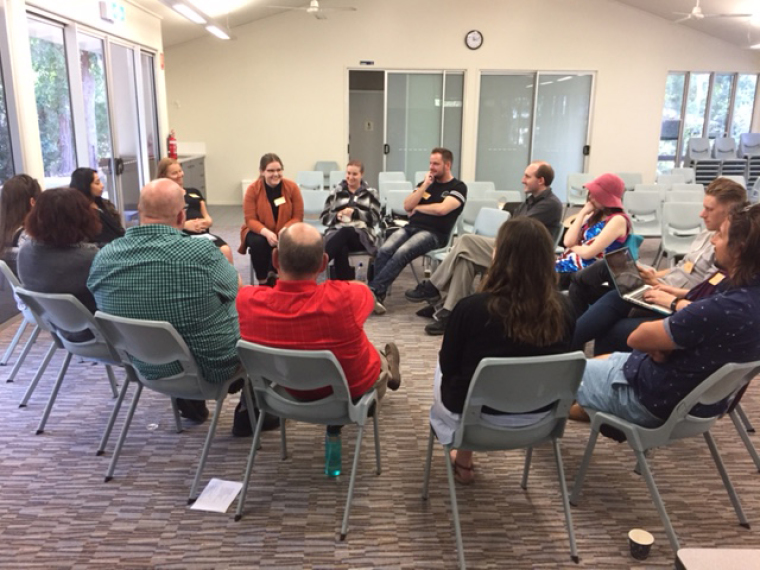
Inexperience and alcohol
These two combined create mayhem on our roads. Drink driving continues to be a huge problem even with a blizzard of advertising and warnings from parents, siblings, relatives, friends, associates, the boss and who passers bye. Educating young people as to the hazards of drinking and driving it seems is only part of the issue.
A culture change is required. Moreover, this is taking root. Young relatives of mine are telling me they now plan ahead when going out for a festive occasion. ‘4Corners’ on Monday 25 February program was on binge drinking and the damage it is creating to young lives and property, but moreover, the lack of youth responsibility. Somehow the message is not getting across to too many young people.
Moreover, there are sometimes tragic outcomes. News.com some years ago reported on a court case where a drunk P-plater, whose out-of-control driving killed a young mother and robbed a loving family of their "nexus," will spend a year and nine months behind bars. (www.news.com.au)
Catherine Taylor was crushed in a head-on smash with a V8 Holden Commodore driven by Steven Michael O'Donnell, which spun out of control after he accelerated through a roundabout at Kellyville, in Sydney's north-west. O'Donnell later pleaded guilty to dangerous driving occasioning death while under the influence — with the court told he had an estimated blood-alcohol level of .106 when he crashed.
Catherine Taylor, 24, left behind a grieving husband and toddler and a host of intimate family members now devastated — the heading of the article was "Catherine Taylor — a life taken by sheer stupidity." Under our current laws, life is deemed pretty cheap through motor accident deaths even when DUI is involved.
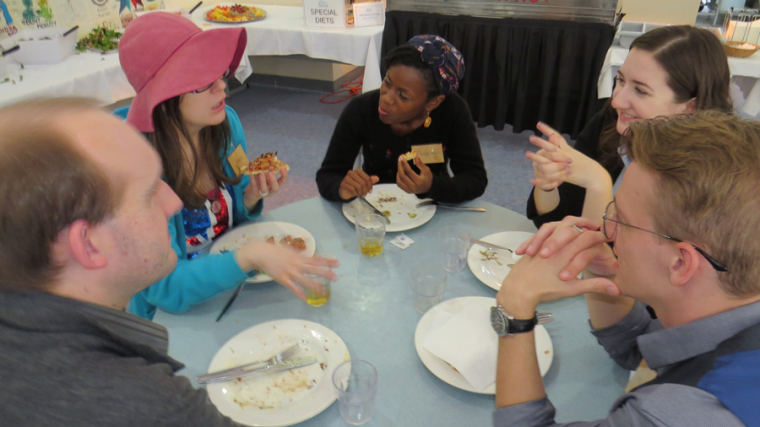
Accidental death
Some time ago I wrote an article for Christian Today on the trauma of accidental deaths on those left behind. The "what could have been" syndrome. I recently read where a father broke down in court recounting the loss of his policeman son, accidentally shot and killed. And what of a mother who loses a daughter and all that this entails? — no 21st birthday, no engagement party, no wedding, no grandchildren. (au.christiantoday.com)
Two very sad funerals I led over my 40 years in Christian Ministry involved a 14 year old boy who was killed sitting in the rear left hand seat when the car being driven by someone else crashed into a tree. Another was a young man riding home from work late at night on his motor bike that somehow left the straight road and crashed, again into a tree. There were some indications he may have hit a fox.
Our young people are precious. How we as a society protect them from themselves with such lethal weapons is a perennial question. As a Christian my prior commitment is to see them respond to the Salvation message, and sometimes, this creates a little more self-responsibility upon young heads.
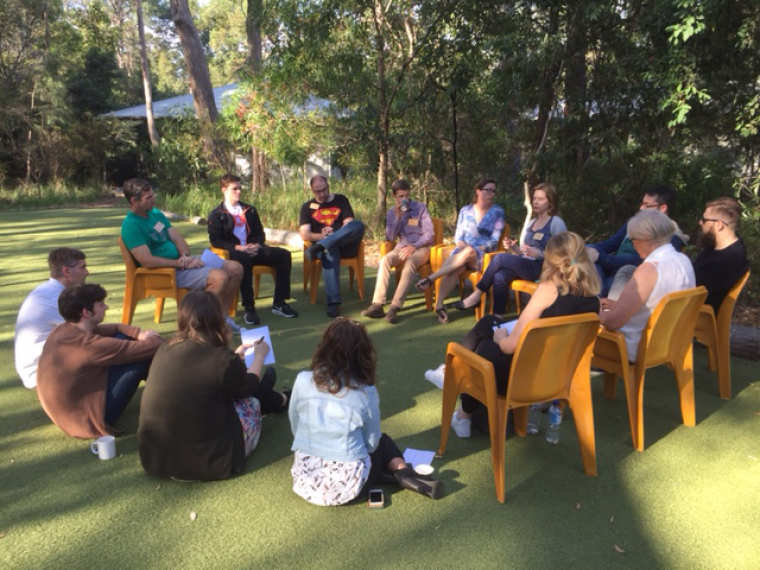
Dr Mark Tronson is a Baptist minister (retired) who served as the Australian cricket team chaplain for 17 years (2000 ret) and established Life After Cricket in 2001. He was recognised by the Olympic Ministry Medal in 2009 presented by Carl Lewis Olympian of the Century. He mentors young writers and has written 24 books, and enjoys writing. He is married to Delma, with four adult children and grand-children. Dr Tronson writes a daily article for Christian Today Australia (since 2008) and in November 2016 established Christian Today New Zealand.
Mark Tronson's archive of articles can be viewed at http://www.pressserviceinternational.org/mark-tronson.html

Dr Mark Tronson - a 4 min video
Chairman – Well-Being Australia
Baptist Minister 45 years
- 1984 - Australian cricket team chaplain 17 years (Ret)
- 2001 - Life After Cricket (18 years Ret)
- 2009 - Olympic Ministry Medal – presented by Carl Lewis
- 2019 - The Gutenberg - (ARPA Christian Media premier award)
Gutenberg video - 2min 14sec
Married to Delma for 45 years with 4 children and 6 grand children